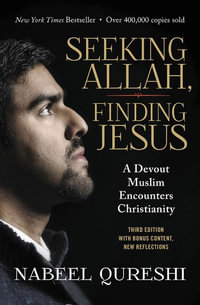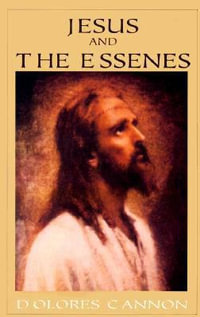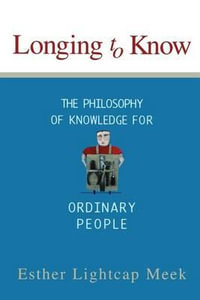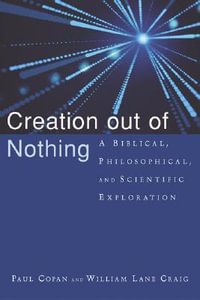"As a womanist biblical scholar who has delved into womanist ethics, I am so excited to see Melanie Jones Quarles' engagement with Luke's bent over woman in 13:10-17. In Up Against a Crooked Gospel, Quarles brilliantly intersects ethics, theology, and biblical scholarship as she reframes the woman's story in conversation with her grandmother. Quarles propels Black women to show up, speak up, and never shut up, thus, pushing us all to pursue political power while confronting the heteropatriarchal capitalist white supremacist realities within the Black church. I will be assigning this tour de force the next time I teach the Gospel of Luke." --Angela N. Parker, Ph.D., associate professor, Mercer University & author, If God Still Breathes, Why Can't I? Black Lives Matter and Biblical Authority
"Melanie Jones Quarles's Up Against a Crooked Gospel provides an incisive new reading of Luke's "bent woman." In her theo-ethical analysis, Quarles's "hermeneutics of parallel" centers her grandmother's story and Black women's experience with "bendedness." This significant womanist reading adeptly brings into relief the dignity and wisdom carried in Black bended bodies, as well as the causes and debilitating impact of "bendedness." Up Against a Crooked Gospel is an important addition to other womanist and disability studies readings of Luke's "bent woman" and to Black church studies." --Mitzi J. Smith, Ph.D., J. Davison Philips Professor of New Testament, Columbia Theological Seminary & affiliate Professor Extraordinarius, University of South Africa, College of Humanities, Institute for Gender Studies
"A stunning treatment of womanist theology and a must-read for any serious student of womanist method and Christian ethics. Propelled by her grandmother's lived witness, Jones Quarles centers the 'bendedness' of Black women's bodies to explore critical questions of salvation and redemption. She boldly claims that, too often, the Black Church and its narrow biblical interpretation is responsible, at least in part, for Black women's suffering. She endeavors to hold the church accountable for responding to the flesh and blood realities of Black women." -Rev. Eboni Marshall Turman, PhD, associate professor, theology and African American religion, Yale Divinity School
























